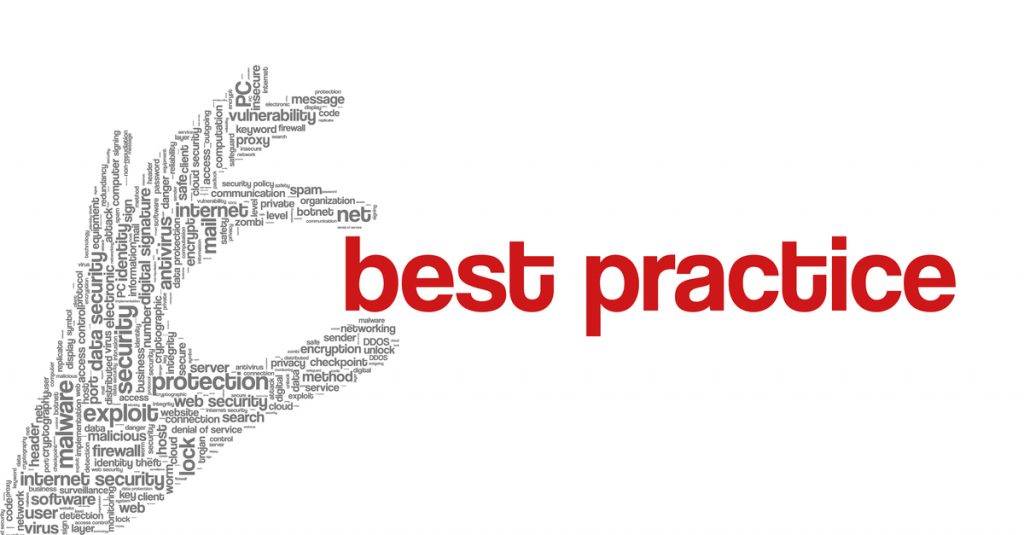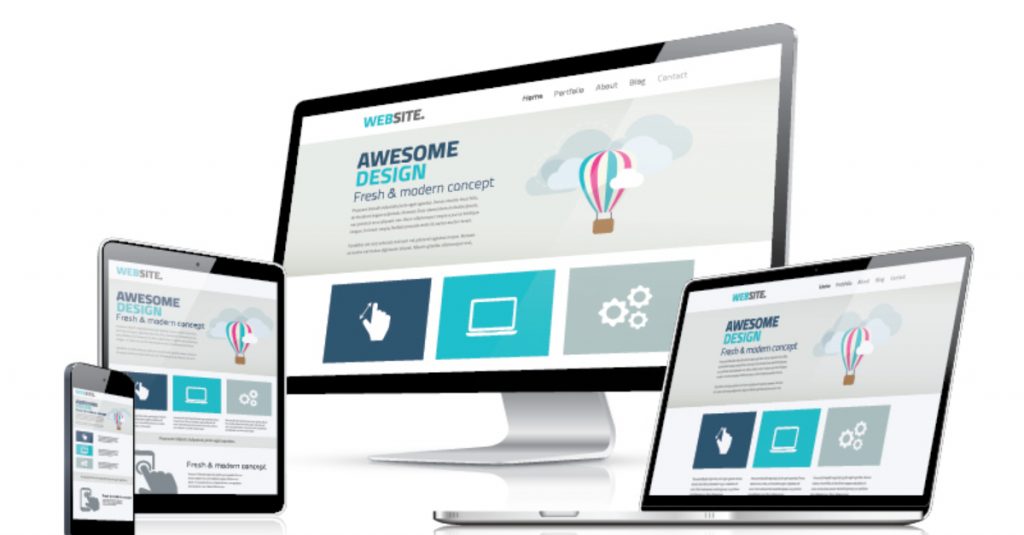7 Ways to Boost Your Drupal Website’s Security; Secure Your Drupal Website with our Expert Drupal Web Development Services

Drupal is one of the most popular and widely used open-source content management systems that builds content-friendly websites. It has gained momentum in the past few years by powering over one million websites across the world, the most popular ones being Twitter and Pinterest. Most of the platform’s popularity arises from the fact that it fosters digital innovation due to high flexibility, scalability, and security.

Is Drupal Web Development Secure Enough?
Drupal is designed to be highly secure with a myriad built-in security features like password-based authentication, role-based access control, and data validation. But like any widely-used platform, it isn’t completely guarded from vulnerabilities of security breach. The most common security breach that plagues Drupal web application development is remote code execution attacks where an attacker introduces malicious software on the system that hosts a Drupal installation.
In the past, security attacks in the form of remote code executions called Drupalgeddon2 and Drupalgeddon3 led to two highly impactful instances of security breach. The vulnerabilities caused by Drupalgeddon2 and Drupalgeddon3 were through methods as simple as sending post request or use of unauthorized access. Some of the other vulnerabilities that Drupal commonly faces are access bypass and Denial of Service. A more recent instance took place in 2021 when the Drupal website of English Premier League football club West Ham Utd suffered security attacks and ended up leaking the personal details of the clubs’ supporters. Such events pose one question – Is Drupal is secure enough?
Drupal is powered by a community of developers who ardently issue regular security advisories with detailed information about types of possible attacks and how you can protect your organization’s Drupal deployment against the risks. Also, since Drupal is an open-source platform, it enjoys a constant vigilance from developers who examine its source code to identify any possible vulnerabilities.
Despite such measures being in place, it would be beneficial to implement additional security best practices to secure your content management systems and website if you are an organization who uses Drupal. This is highly essential for organizations that are subject to compliance frameworks such as HIPAA and PCI DSS. You can hire a Drupal web development services company to help you make the most of these in-built features and security best practices. Let’s take a look at some of the recommended security best practices that you can implement.
7 Security Best Practices To Implement In Drupal Web Development

- Secure your server-side hosting environment
A basic security practice that you can implement is to protect your Drupal website is protect your server by limiting the number of users who are given access. You can add an extra layer of access restrictions to monitor access to files and servers. You can also take measures to hide server signatures so as to not reveal confidential information about the server or OS.
- Secure your Drupal core
One of the key lessons learnt from the Drupalgeddon2 attack was the key need to keep Drupal core updated with update releases. You would need to be consistently updated with security advisories released by Drupal Security team. You would also need to update modules with latest versions. It is best to build a rock-solid core at the architectural level in the website design stage instead of prioritizing it at the post-development stage. The sooner you make your Drupal website security a priority, the better.
- Monitor user roles and access permissions
Drupal comes with a wide array of user roles and modification permissions such as read, write, and modify. The built-in RBAC framework in Drupal assists in assigning roles and permissions within a website to users at a granular level. You can use this feature follow the principle of least privilege by assigning minimum privileges to users. Keeping a close watch over file permissions helps in mitigating security risks.
- Take regular backups of Drupal site
Taking regular website backups is one of the most essential ways to keep your website data secure. You would need to save backups of your Drupal core, module files and other key data. Regular and consistent backups ensure quicker recovery in a potential data loss or breach scenario. You can use the most recently backed-up version of data to restore your Drupal installation. A few common ways of doing so would be to use Drupal modules like the ‘All In One’ backup.
- Encrypt network traffic using an SSL certificate
You can protect the confidentiality of your data using SSL certificates that encrypt network traffic. As the information stored on your Drupal website travels through a network, attackers can gain access to it. Encryption through an SSL certificate also secures all your login credentials. SSL certificates also act proof of your website’s authenticity to win your customer’s trust.
- Use Content Distribution Networks (CDNs)
If your business is customer-centric and has access to private information of customers like bank details, passwords, personal details and so on, you are more likely to be prone to data breach attacks. Open gateways of APIs usually compromise confidential information related to customers. You can make use of Content Distribution Networks to address these challenges. This establishes a geographically distributed network of servers that protect websites against malicious attacks like Denial of Service.
- Ensure user security
As a simple solution you can establish strong password policies across your organization. A strong password can be evaluated on the basis of Drupal modules ‘Password Strength’ and ‘Password Policy’. These modules classify passwords based on their complexity and identify any underlying patterns that can compromise security easily. They also define precise requirements and criteria for a strong password.

How We Assist You in Securing Your Website with Our Drupal Development Services?
Drupal is a highly secure web development platform. But even the most secure platforms are vulnerable to potential attacks. Like we have seen in the past, Drupal has been a victim to attacks such as Drupalgeddon2 and Drupalgeddon3. As a consequence, utilizing in-built Drupal security features and implementing security best practices in your organization can shield your Drupal website and secure it against possible threats.
Having said that, optimizing your site security can be a strenuous task. Drupal website development services can facilitate you in winning the site security game. We are a leading Drupal web development company who can assist you in enhancing the security of your Drupal web application. We help your organization leverage Drupal security modules such as Security review module, Encryption module, Captcha module, Automated logout module and Anti Bot modules. These modules add an extra layer of protection to your website.
We offer Drupal development services that prioritize security for your website and enable it to handle large volumes of confidential personal and financial customer data. We boost the security of your website with regular backups, updates, and maintenance. You can read more about the services we offer to enhance your Drupal web security on our blog here.
Who We Are and What Makes Us an Expert?
This article is brought to you by getSmartCoders. We are a leading Drupal web development company in India that is ISO 27001:2013 certified. We provide robust Drupal web design and development services that include 24/7 maintenance and security. We offer customized security services focused on integrating security updates and upgrades.
